Question And Answer
Publications
Articles, publications, books, tools and multimedia features from the U.S. Institute of Peace provide the latest news, analysis, research findings, practitioner guides and reports, all related to the conflict zones and issues that are at the center of the Institute’s work to prevent and reduce violent conflict.

Elie Abouaoun on Tunisia’s New Constitution
On Monday, Tunisians voted on a new constitution proposed by President Kais Saied that vastly expands the powers of his office. While turnout was low, many Tunisians “support what the president is doing … they are voting based on one specific objective, which is to improve economic and social conditions,” says USIP’s Elie Abouaoun.
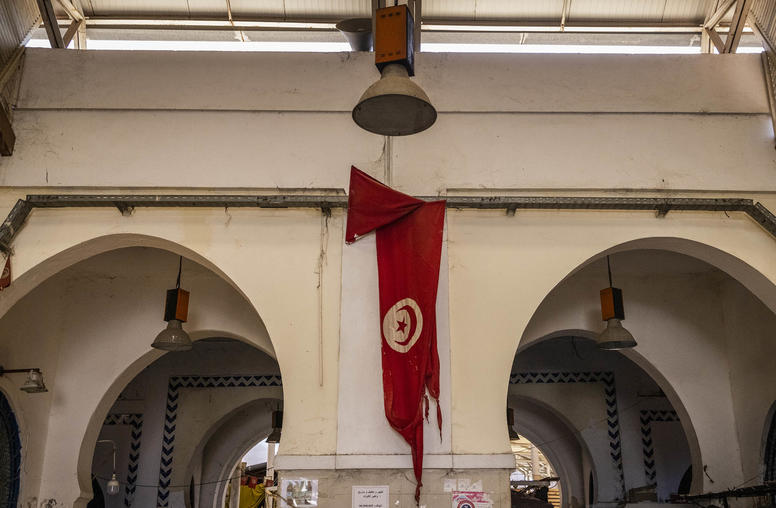
Tunisia’s new constitution expands presidential power. What’s next for its democracy?
A year after Tunisian President Kais Saied began a series of moves that expanded presidential powers, a new constitution further empowering the presidency has been approved by referendum. Amid a dire economic crisis, many Tunisians expressed support for Saied’s moves, as the promise of the 2011 uprising evaporated over the last decade. While the referendum passed with 94 percent of the vote, only 30 percent of Tunisians participated. Once heralded as the sole democratic success of the Arab uprisings, Tunisia’s democratic future trajectory is more uncertain than ever following the constitutional referendum.
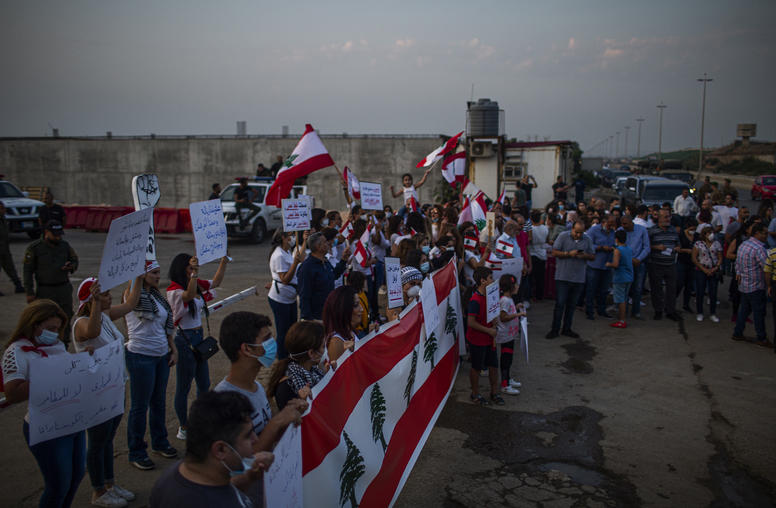
Lebanon’s Election Offers Lessons for Now and the Future
As the minister of interior announced the results of Lebanon’s May 15 legislative elections, speculation began about whether or not the configuration of the new parliament foretold a brighter future for the tormented country. While some of the results indicate positive breakthroughs and progress, there are several nuances indicating that much greater change is still needed to put the country on a steady path to recovery.
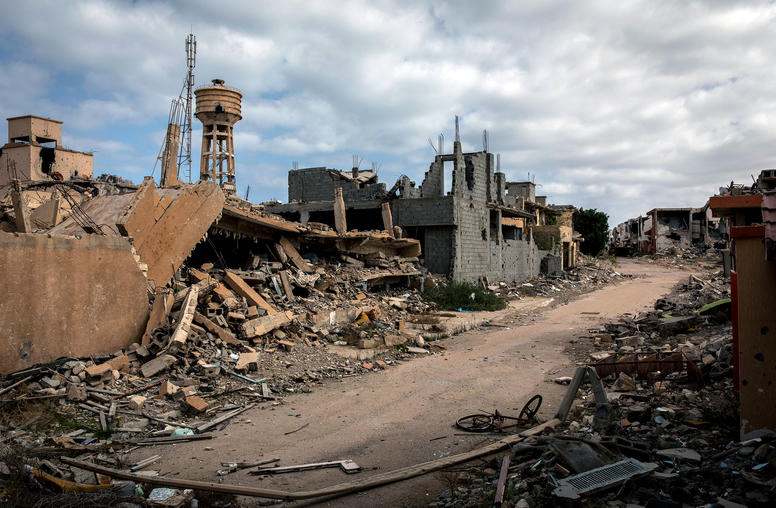
The New U.S. Plan to Stabilize Conflicts: The Case of Libya
Almost 11 years after ousting the dictatorship of Muammar Qaddafi, Libya remains a largely ungoverned land divided among warlord-led factions that fight with support from rival foreign countries. Libya’s instability resonates widely, permitting the trafficking of weapons to the Sahel and migrants to Europe. Repeated peace efforts have failed to help Libyans form a unified national government, yet Libyans continue to show the capacity to overcome communal divisions and build peace at local levels. That demonstrated capacity offers an opportunity that can be expanded by the U.S. government’s decision, under its Global Fragility Strategy, to direct a new peacebuilding effort toward Libya.

Elie Abouaoun on Libya’s Elections
With the vote likely to be postponed, USIP’s Elie Abouaoun says frustrations are high over Libya’s political and economic stagnation as the international community tries to “generate a new political agreement … just to make sure the elections can happen without a major outbreak of violence.”
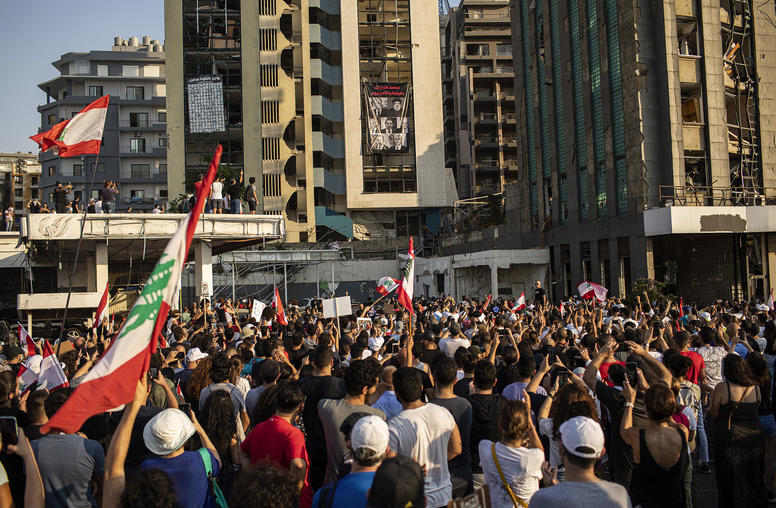
What’s Behind the Lebanon-Gulf Diplomatic Row?
Already in the throes of existential political and economic crises, Lebanon is now facing a diplomatic row with Saudi Arabia and several of its allies in the Gulf Cooperation Council (GCC). Following critical comments made by Lebanese Minister of Information George Kordahi about the Saudi-led intervention in Yemen, Riyadh expelled Lebanon’s ambassador, banned all Lebanese imports, and recalled its ambassador to Lebanon. In solidarity, the UAE, Bahrain and Kuwait summoned their ambassadors in Lebanon. This current crisis reflects the Gulf’s broader concerns over Iran’s influence in the region and the powerful role of its ally Hezbollah in Lebanon.
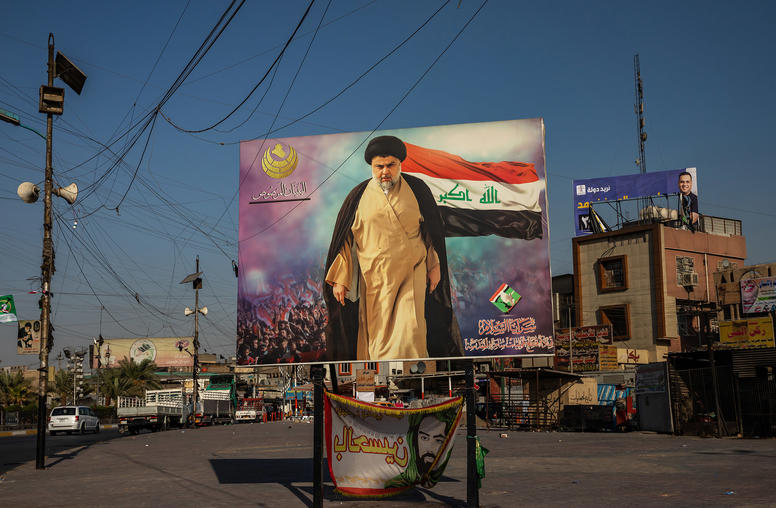
Iraq’s Election Raises More Questions Than Answers
Muqtada al-Sadr, a Shia cleric whose Mahdi Army followers battled U.S. forces during the years of the occupation, made big gains in Iraq’s parliamentary election on October 10. His victory could pose problems for the United States and Iran. But despite the Sadrist List’s electoral success, it is not a given that al-Sadr will be the next man to lead Iraq, or even be the only kingmaker. USIP’s Elie Abouaoun examines the outcome of the election, the electoral process and the implications for Iraq’s future.

Tunisia: Examining the State of Democracy and Next Steps for U.S. Policy
Dr. Elie Abouaoun, director of Middle East and North Africa Programs, testified on October 14, 2021 at the the House Foreign Affairs Subcommittee on the Middle East, North Africa, and Global Counterterrorism's hearing on "Tunisia: Examining the State of Democracy and Next Steps for U.S. Policy."
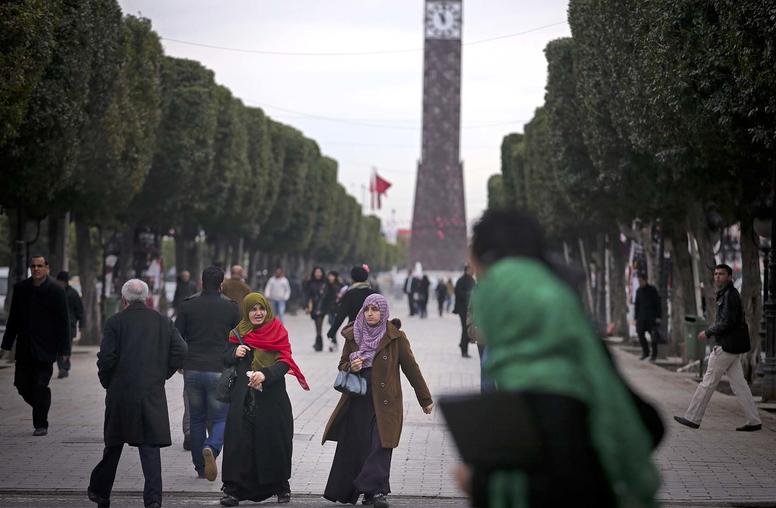
What’s Next for Tunisia’s Transition?
Long heralded as the sole success story of the Arab uprisings, Tunisia was thrown into political tumult on July 25 when President Kais Saied dismissed the prime minister, suspended parliament and removed politicians’ immunity from criminal prosecution. The decision followed days of protest and long-term malaise, with Tunisians angered over the government’s COVID response, endemic corruption, a lagging economy and, more broadly, the inability of the post-Ben Ali political system — particularly political parties — to deliver for citizens. While many Tunisians supported Saied’s move, they and the international community await what comes next and how it will impact the North African country’s long-term political and economic trajectory.
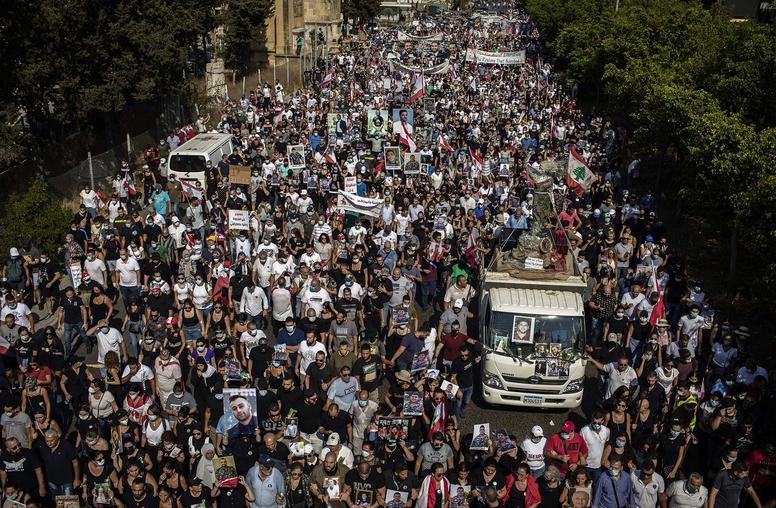
How to Pull Lebanon out of its Torturous Fall
A year after the horrific Beirut port explosion on August 4, 2020, the legal pursuit of justice and accountability is proving pointless. Little to no progress has been made, due to how deeply embedded corruption is in the country’s political and business structures. The upcoming legislative elections next year could be an opportunity to set the country on a reform track — but only if they are managed by an independent body under international supervision.